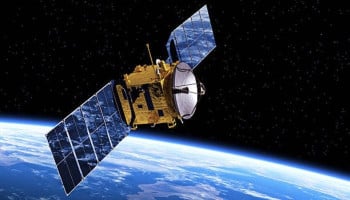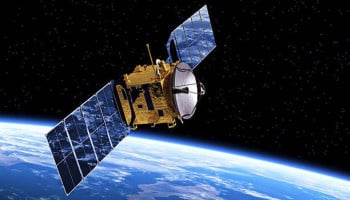
For decades, scientists have sought to uncover the origins of life on Earth. However, like any scientific pursuit, the understanding is built upon theories and potential evidence, which can evolve as scientists gain new insights about the world and the universe.
A recent study published in Geobiology challenges the prevailing textbook theories on this topic, raising the possibility that the current understanding may be flawed.
Traditionally, science textbooks have taught that an influx of oxygen into Earth's oceans played a crucial role in accelerating the development and evolution of complex life. This widely accepted idea was based on the concept of the Precambrian Avalon explosion, a period between 685 to 800 million years ago when life started to evolve and become more sophisticated.
However, the new study suggests that oxygen might not have been the primary driving force behind Earth's development during that era.
Evidence from ancient rock samples found in the Omani mountain range of the Arabian peninsula led researchers to this revelation. Through geochemical mapping, scientists observed that there was likely less oxygen in the oceans during the time of the Avalon explosion compared to before or after.
This finding challenges textbook theories about oxygen's role in Earth's evolution.















